APSA Oral History Project: Contributions by Scholars of Color Interview Series
Political Science Now
NOVEMBER 15, 2024
This collection of interviews contributes to a continuous project that seeks to amplify the scholarship and the contributions of Black, Indigenous, and People of Color to the profession and investigate the history of race and racism in the political science profession. Dr. Errol Henderson, P rof. He received his Ph.D.

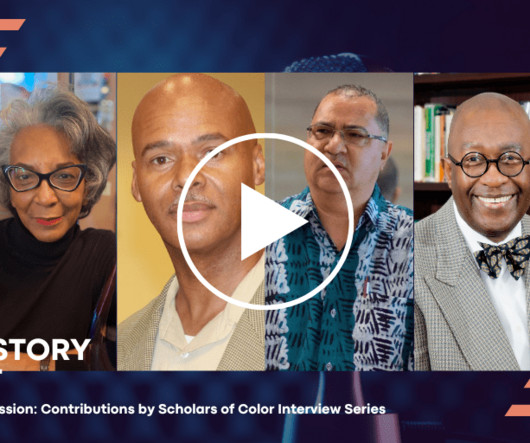
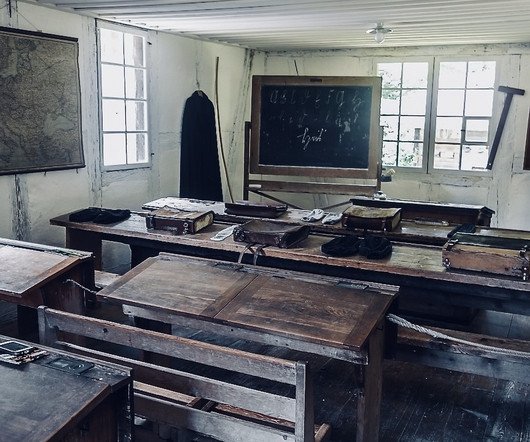
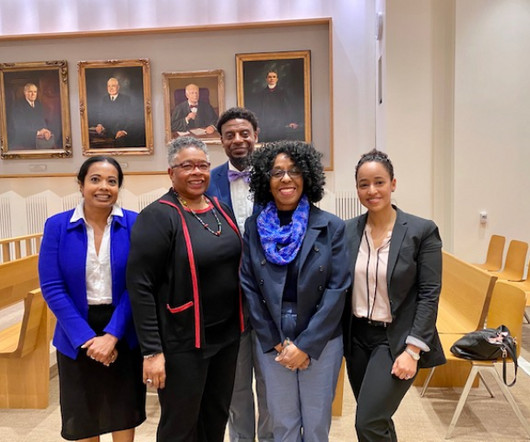

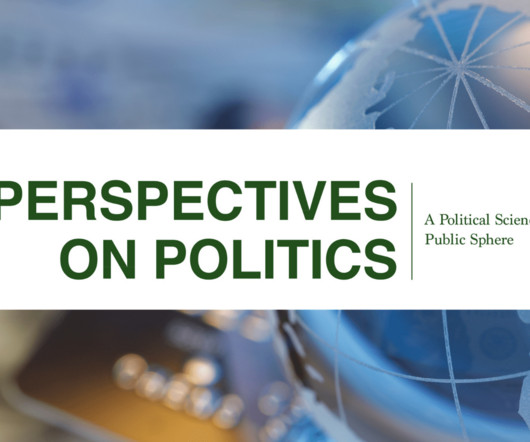
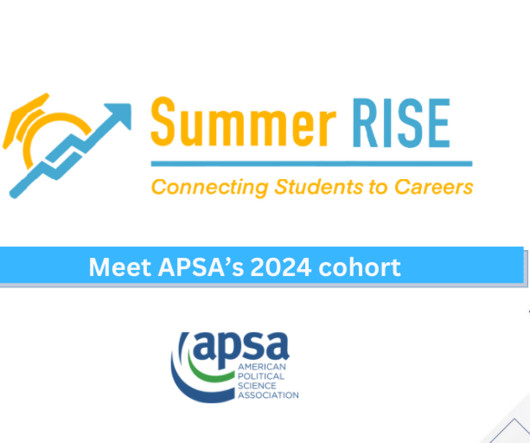
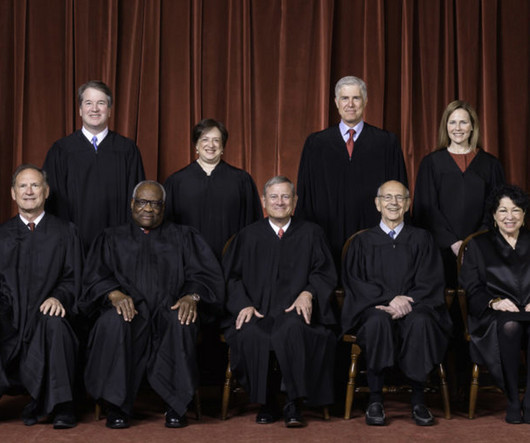


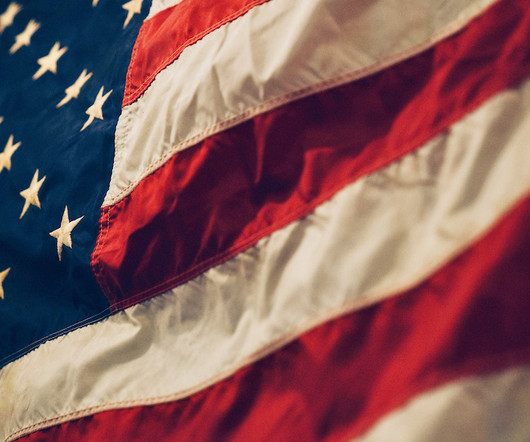
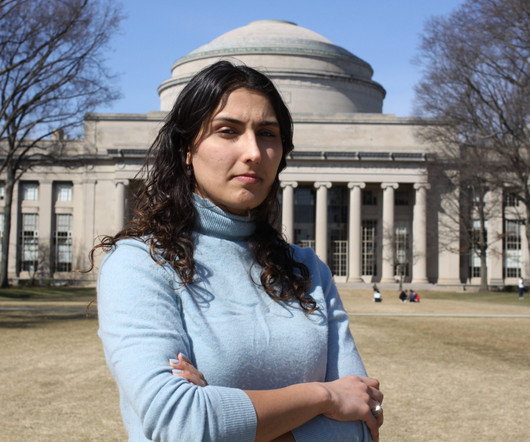
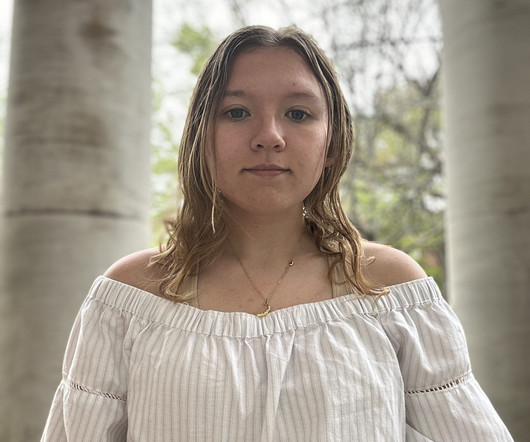
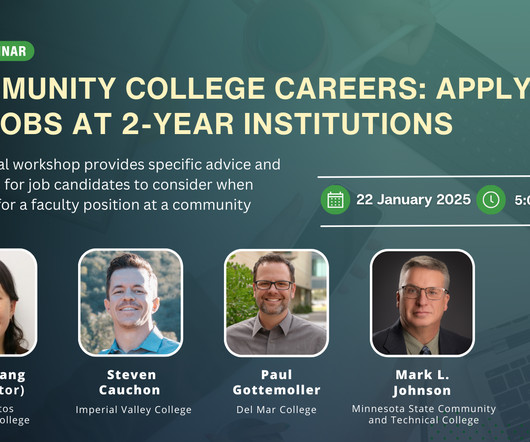
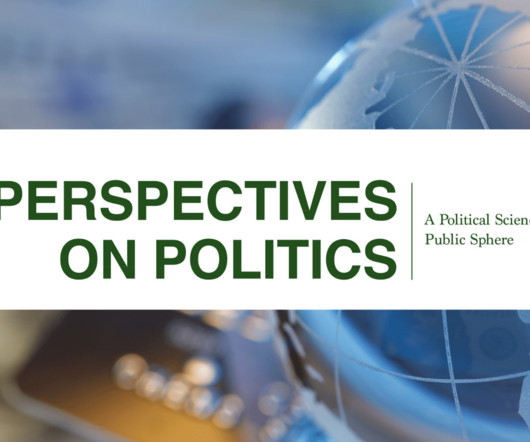
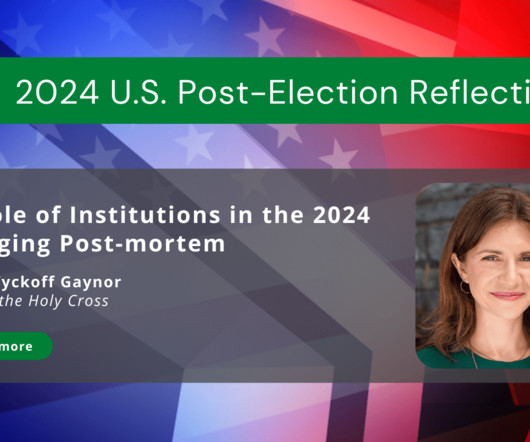







Let's personalize your content